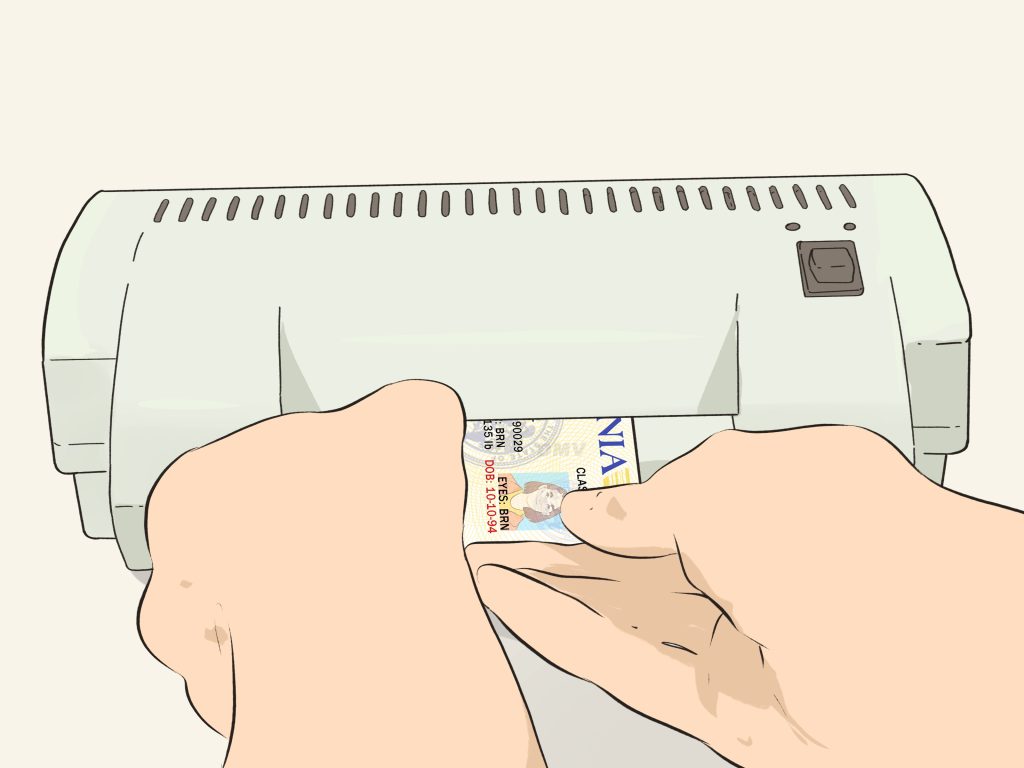Identifying fake ID services is crucial for individuals, businesses, and organizations that want to prevent fraudulent activities and maintain security. Fake IDs can be used for various illegal purposes, including identity theft, underage drinking, and unauthorized access to restricted areas. To help you recognize and avoid such services, here are some key indicators to look out for:
Poor Website Design: Fake ID services often have poorly designed websites that appear unprofessional or hastily put together. Look for inconsistent layouts, low-quality images, grammatical errors, and misspellings. Legitimate businesses usually invest in well-designed websites to establish credibility.
Suspicious Payment Methods: Fake ID services may require payment through unconventional methods, such as wire transfers, Cryptocurrency, or prepaid debit cards. These methods make it difficult to trace transactions and are preferred by scammers to avoid detection. Be cautious when asked to use non-standard payment methods.
Lack of Legal Disclaimers: Legitimate ID service providers typically include legal disclaimers and terms of service on their websites to protect themselves and their customers. If a website lacks these important legal documents or if they appear vague or incomplete, it could be a sign of fraudulent activity.

Unrealistic Claims and Guarantees: Fake ID services often make unrealistic promises and guarantees to lure customers. If a website claims to provide flawless, undetectable IDs that can bypass all security measures, it is likely a scam. Authentic ID providers are transparent about the limitations of their products and do not make false claims.
Limited or No Customer Support: Reliable businesses offer responsive customer support channels to address inquiries and concerns. If a website lacks contact information, has non-functional customer support, or fails to respond to queries, it may indicate that they are not a legitimate service.
Absence of Reviews or Testimonials: Genuine ID service providers often have reviews or testimonials from satisfied customers. Check for these on their website, social media platforms, or independent review websites. If you find no evidence of customer feedback or if the reviews appear fabricated or overly positive, it could be a red flag.
Lack of Proper Licensing or Certification: Legitimate ID providers may require specific licenses or certifications to operate legally. Check if the service displays any credentials or affiliations with regulatory bodies. If they lack proper licensing or refuse to disclose relevant information, it is likely they are operating illegally.
Poor Quality or Inconsistent Samples: Fake ID services may display sample IDs on their websites, but these are often of low quality or exhibit inconsistencies. Look for blurred or pixelated images, misspelled words, or incorrect fonts. Legitimate ID providers take pride in showcasing high-quality samples that closely resemble official identification documents.
Unsolicited Offers or Advertisements: Be cautious of unsolicited emails, messages, or advertisements promoting fake ID services. Scammers often use spamming techniques to reach potential victims. Legitimate businesses rely on organic traffic and do not engage in aggressive marketing tactics.
Trust You’re Instincts: If something feels off or too good to be true, trust your instincts. Fraudulent ID services rely on people’s desires to obtain fake identification quickly and easily. Take the time to research, evaluate, and make an informed decision rather than succumbing to impulsive choices.
Remember, using or possessing a fake ID is illegal in most jurisdictions and can lead to serious consequences. It is always better to abide by the premium fake id sale and explore legal alternatives if you require identification for specific purposes.
If you suspect a website or service to be fraudulent, report it to the appropriate authorities or consumer protection agencies in your country. Play your part in preventing fraudulent activities and contribute to a safer online environment.
More Stories
Essentials of having the Astrology online
Guide for national silver academy
The Significance of Expert Pest Control Administrations